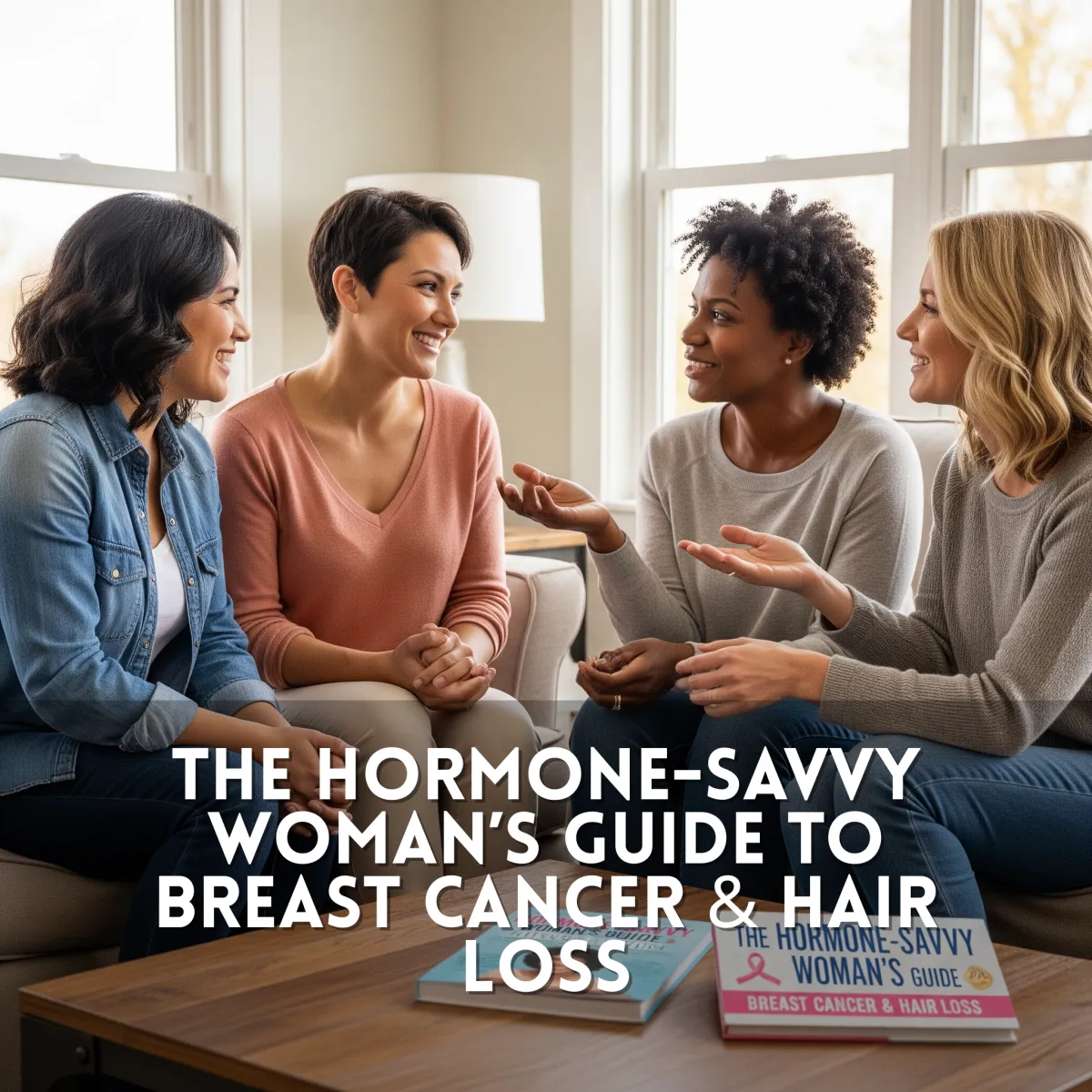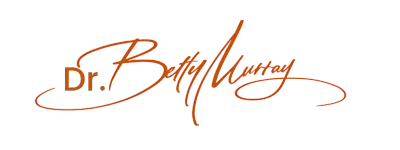
The Hormone-Savvy Woman’s Guide to Breast Cancer & Hair Loss
The Hormone-Savvy Woman’s Guide to Breast Cancer & Hair Loss
Let’s Get Real About Breast Cancer
Breast cancer isn’t just a headline—it’s a real concern for women navigating midlife. And while estrogen often gets a bad rap, the truth is: hormones aren’t the villain—misinformation is.
So, How Common Is It?
Roughly 1 in 8 women will be diagnosed with breast cancer in her lifetime. It’s the most common cancer among women, no matter your race or ethnicity.
But here’s what most don’t know: over 75% of women diagnosed with breast cancer have no family history. That means every woman—regardless of genetics—needs to stay aware.
The Real Risk Factors:
Age 55+
BRCA1 or BRCA2 gene mutation
Dense breast tissue
History of benign breast conditions
Early menopause or hormone therapy for breast/prostate cancer
And no—breast size, fibrocystic breasts, or birth control pills alone aren’t significant risk factors. Dense tissue can just make detection harder.
But Wait… Do Hormones Cause Breast Cancer?
This is where the myth meets the science.
The original WHI study shook the world by linking hormone therapy to breast cancer. But recent re-analyses—like the Medicare Menopause Therapy Over 65 study—tell a very different story:
💥 Estrogen-only therapy does not increase breast cancer risk
💥 Women using bioidentical hormone therapy (BHRT) saw a 16% decreased risk of breast cancer
💥 And a 23% decreased risk of ovarian cancer
Let that sink in.
Early Detection Still Saves Lives
What you can do:
Monthly self-exams
Annual mammograms starting at 40
Clinical breast exams every 1–3 years
Advocate for ultrasound or MRI if you have dense breast tissue
And if you do feel a lump? Most are benign cysts. But don’t wait—get it checked.
Now, Let’s Talk Hair Loss (Because It’s Not Just “Vanity”)
Hair loss in women is far more common than you’ve been told—affecting up to 30 million women in the U.S. It’s emotional, frustrating, and often dismissed. But here’s what’s really going on:
The Hormone Connection
Menopause: Estrogen decline can shrink hair follicles and thin the hair shaft.
Postpartum: The estrogen crash after childbirth often causes temporary shedding.
Thyroid shifts: Hypothyroidism and Hashimoto’s are huge culprits—especially during perimenopause.
Other Causes:
Traction alopecia: Tight ponytails and harsh hair treatments
Androgenetic alopecia: Genetic pattern thinning (often after 40)
Autoimmunity: Lupus, alopecia areata
Stress-induced (telogen effluvium): Life hits hard—your hair may, too
Real Solutions (No Snake Oil Here)
Root cause testing: Hormones, thyroid, nutrients, inflammation
Topical meds: Minoxidil may help some
Red light therapy: Stimulates follicles
BHRT: Can dramatically slow or reverse hormone-driven hair thinning
Stress & gut support: Essential for hair regrowth
Medical-grade haircare (not your salon’s marketing gimmicks)
You can reclaim your hair—but it starts with getting real about what’s happening inside your body.
Bottom Line
You deserve answers, not brush-offs. Whether you’re worried about breast health, experiencing sudden hair loss, or want to understand your risks, your hormones hold the key.
This isn’t about looking younger. It’s about living stronger, longer—and smarter.
Your Next Step
If you're dealing with hair loss, breast health concerns, or feeling overwhelmed in midlife, we need to talk. Let’s check your hormone levels, assess your risks, and design a plan that puts you back in control.


